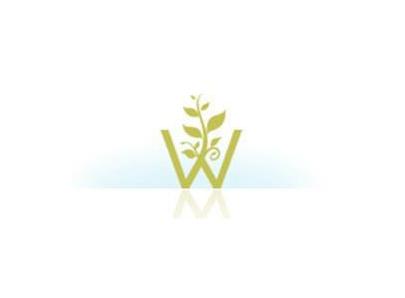RUWON Nepal supports women from excluded and marginalized communities and regions, aiming at sustainable and equitable development through social inclusion, advocacy, and empowerment programs.
The challenge(s) that RUWON Nepal is addressing:
For many women in rural Nepal, daily life is a struggle: faced with poor access to education, healthcare, employment, rights to property, and suffering a social status inferior to that of men, they find poverty an often unavoidable reality.
In Eastern Nepal these problems have been greatly exacerbated by the Civil War, which raged through the country between 1996 and 2006. Rural areas witnessed particularly devastating conflict between government and Maoist forces, wich created a dramatic rise in rural poverty. Many female soldiers lost their lives in the fighting, and many more women lost fathers, husbands, and brothers who were frequently the sole earners in their households.
Working in the eastern areas of Kathmandu Valley and Sindhuli district, W4’s field partner RUWON Nepal has been tackling these issues head-on with successful campaigns to extend female literacy, foster social inclusion, and empower women to create new livelihoods.
In February 2010 the organization launched the Women’s Literacy School, providing illiterate women of all ages with lessons in Nepali, mathematics, and English—free of charge. Encouragingly, around 40 women are now benefitting from the project.
Its Micro Saving Program has witnessed similar success. 35 micro saving groups – groups of women who pool their money together to invest in local improvements – have already been established, with the aim of increasing income and fundamentally offering a way out of poverty.
Local discussion forums, mass pro-gender equality rallies, and practical training in handicrafts, leadership, and other skills are just some of the many projects in place; projects that are ultimately changing lives in the Nepali countryside.
You can be a changemaker!
The question is simple: when half of the population is being held back, how is society going to develop? By supporting these projects, you can offer rural women in Nepal the opportunity to contribute to and benefit from local development. Your support helps to further the education and livelihood opportunities for these women empowering them to achieve their full potential.
Relevant Country Data:
Capital: Kathmandu
Population: 30,485,800
GDP per capita: $1,049
Population living below $1.25 PPP per day: 24.8%
Adult literacy rate, both sexes (aged 15 and above): 59.1%
Infant mortality rate (probability of dying between birth and age 1 per 1000 live births): 35.8
Maternal mortality ratio (deaths of women per 100,000 live births): 380
Life expectancy at birth: 68.8 years













